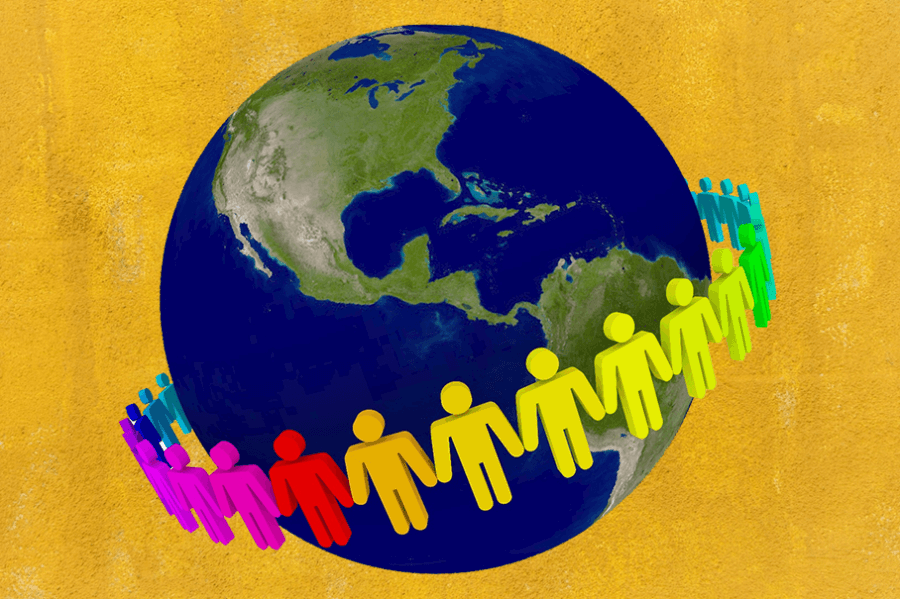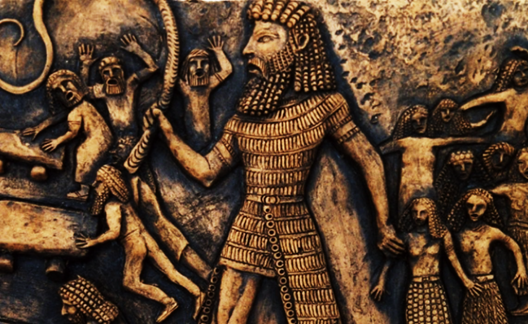But What Is Our Purpose in Life?
Science was never my forte. I had to take chemistry in high school. When I went off to college, I took 10-hours of geology in my freshman year. That geology class was the only science course in college, graduate school, and post-graduate school that I had. In over a dozen years of education post-high school, I accumulated around 275 hours; 10 hours in geology was my only exploration of any science.
However, in 1980, Carl Sagan’s Cosmos series was aired on TV. Sagan taught millions during his 13-week semester. As a teacher, Sagan had two crucial talents. One was to explain astrophysics to the layperson. I followed his lectures, which provided a broader picture of astrophysics without grasping all the details. The other issue that I enjoyed was the ability to morph together two or three seemingly unrelated matters into a much larger picture.

But that was a half-century ago. Today, Neil deGrasse Tyson is the incarnation of Sagan. Tyson does the same dance that Sagan did. He explains things to the laity, which provides a general understanding of science, but he also blends seemingly unrelated issues together precisely like Sagan did.
The only difference between the two is that Sagan was a low-keyed teacher. Sagan was the Mr. Rogers of astrophysicists. Tyson isn’t low-keyed. He will express his thoughts like a Stephen Colbert scientist would.

The twin brothers astrophysicists
I can imagine what some whites think about some black guy telling them about science or anything else. What is apparent is that Tyson doesn’t care what some whites feel about him. He is concerned about education, “There is no greater education than one that is self-driven.”

Several days ago, I watched Ari Melber on MSNBC discuss a litany of issues with Tyson, one of which had to do with billionaires like Jeff Bezos and Richard Branson. Bezos and Branson spent a lot of money to fly to an altitude of 250,000 feet, which is the edge of space. Some have questioned whether spending billions of dollars to fly for ten minutes would be better spent addressing social issues like poverty, racism, climate control, and a list of other social problems.
Tyson described dissing those two billionaires as an example of false equivalency. His point was that we had those issues like racism and poverty long before anyone attempted to fly an airplane.
Tryon ended his point with a story of a caveman who wanted to explore the world outside the cave. The cave elders told the would-be adventurer that plenty of problems inside the cave needed to be addressed before adventuring outside the cave.
Then Tyson adds an addendum. The billionaires can fly high and also help solve all the problems of the world.
As I watched Tyson develop his point that billionaires have the money to do more than one thing at a time, I wondered why so many Americans can’t do more in their own worlds. In each of our personal worlds, we have done a great deal for ourselves. Tyson’s point is that we all have money and time to spend on people outside of ourselves. We can extend our help to our family, which raises the ethical question, who is our family?
The answer is that we are all from the same family, and we all live on this “pale blue dot.” Instead of being critical of billionaires, we all need to be far more inclusive than we are. We are all in this together, and we are all family.

Our home on this pale blue dot….
This video is of Ari Melber and Neil deGrasse Tyson’s discussion.
If you wish to learn about astrophysics, watch this video. Remember Tyson’s comment, “There is no greater education than one that is self-driven.”
Follow @mountain_and_me















